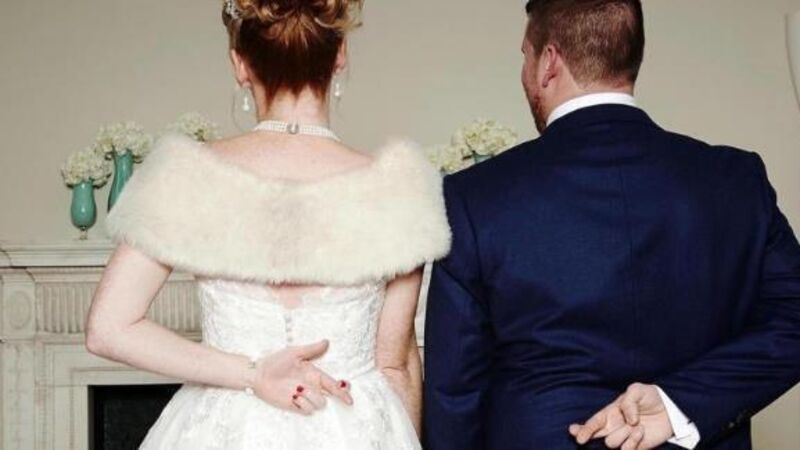Reality weddings: Whatever happened to romantic love?

Unlike Take Me Out, however, where the newly-acquainted couples famously jet off to the isle of Fernando’s, Married at First Sight is set to follow three pairs of total strangers as they take a trip down another kind of aisle.
Based on a Danish show of the same name, episode one of the social experiment yesterday saw six single people paired off by man and machine, based on scientific and sociological criteria.











